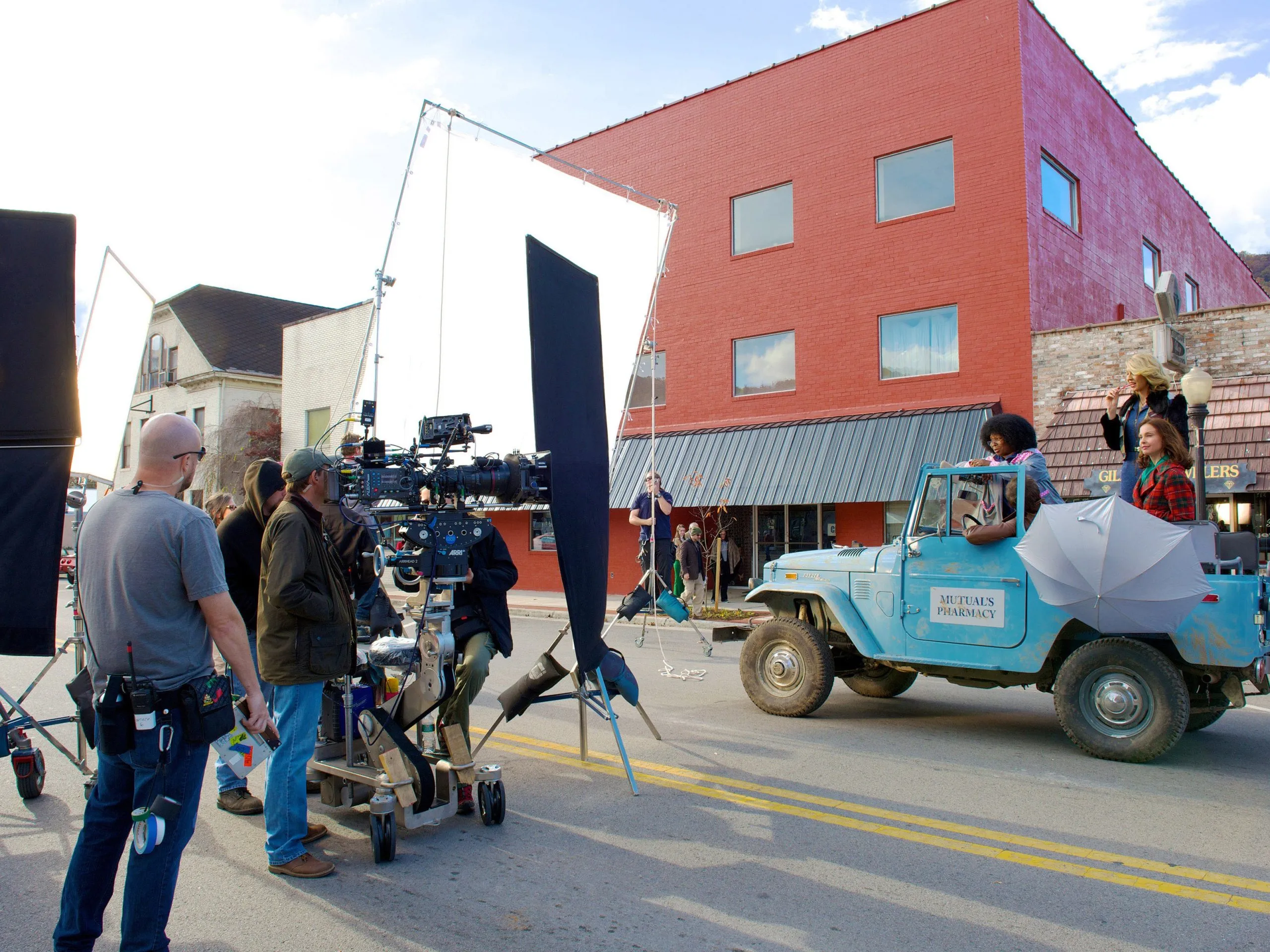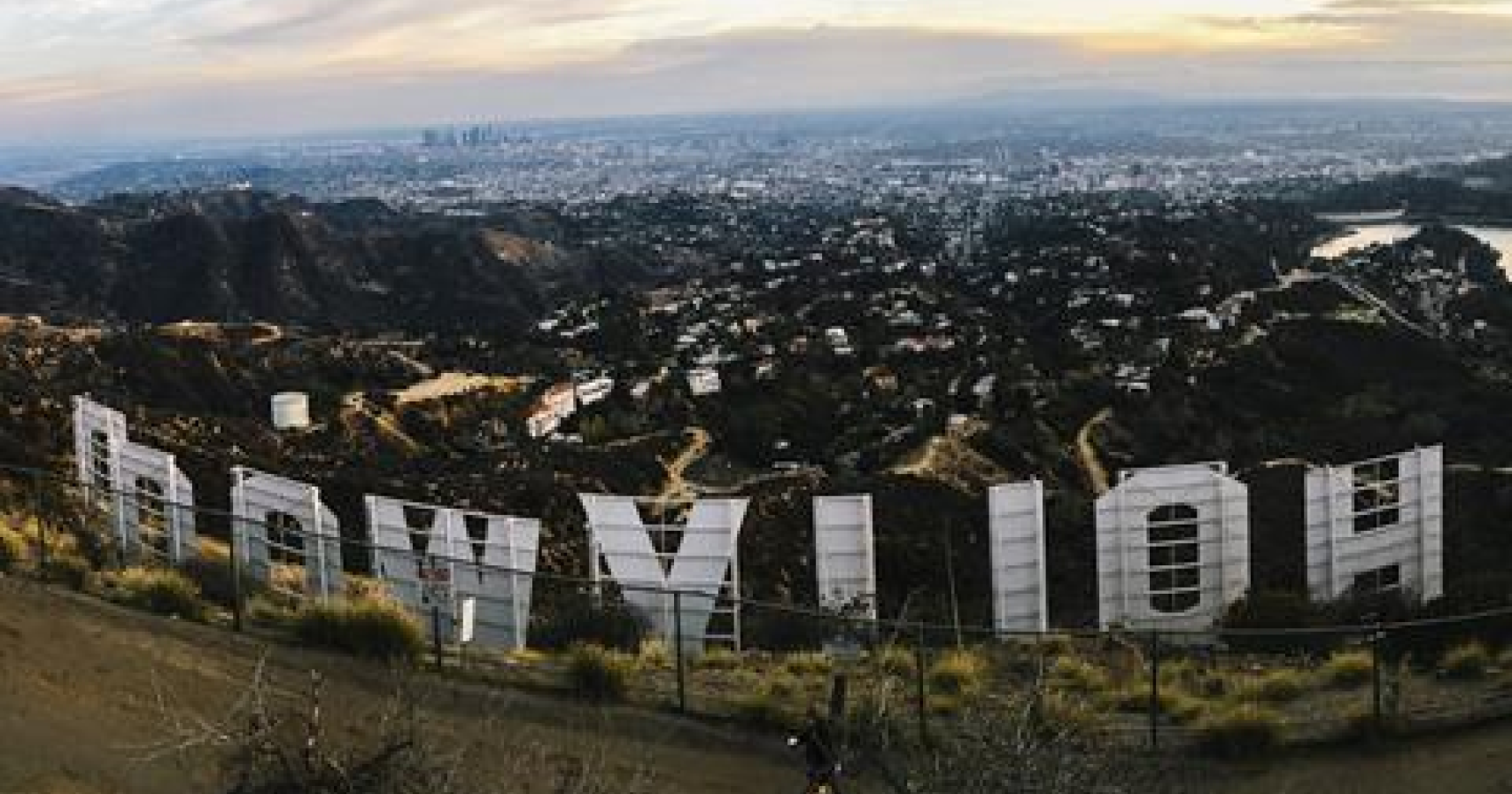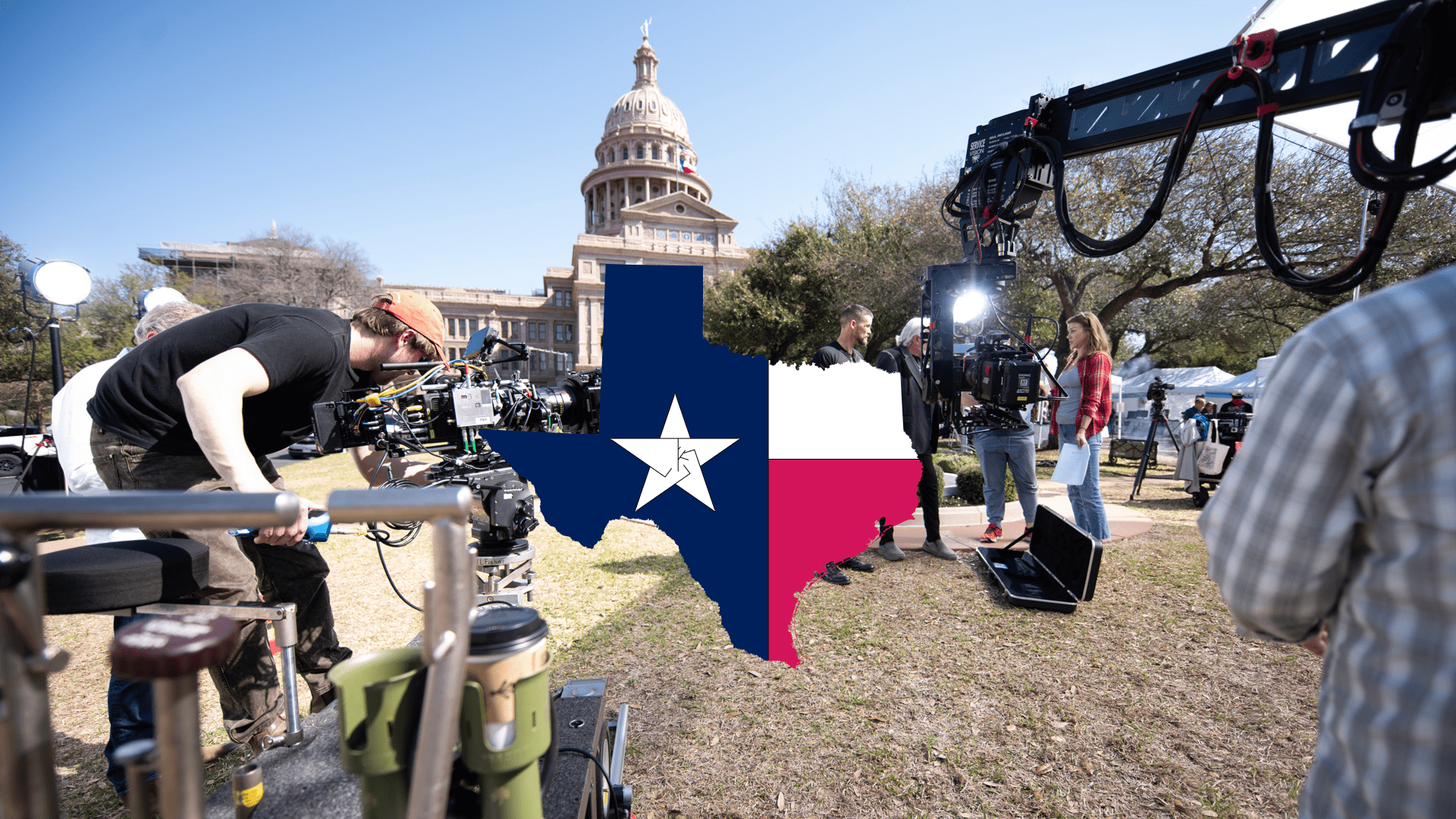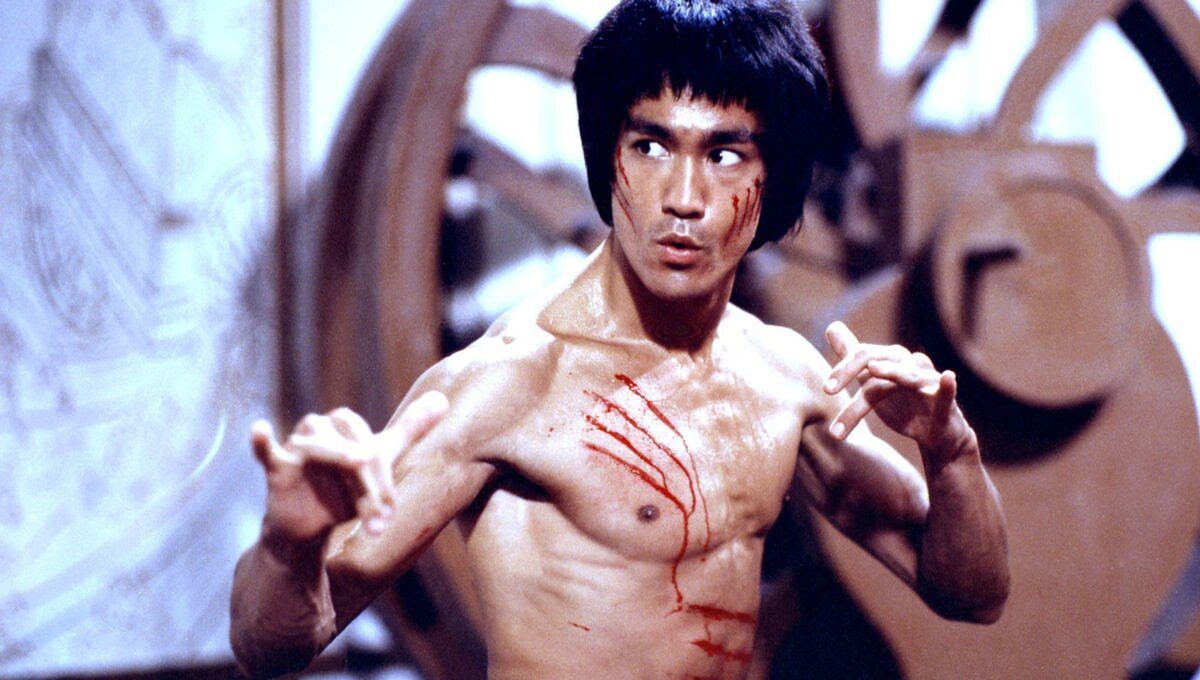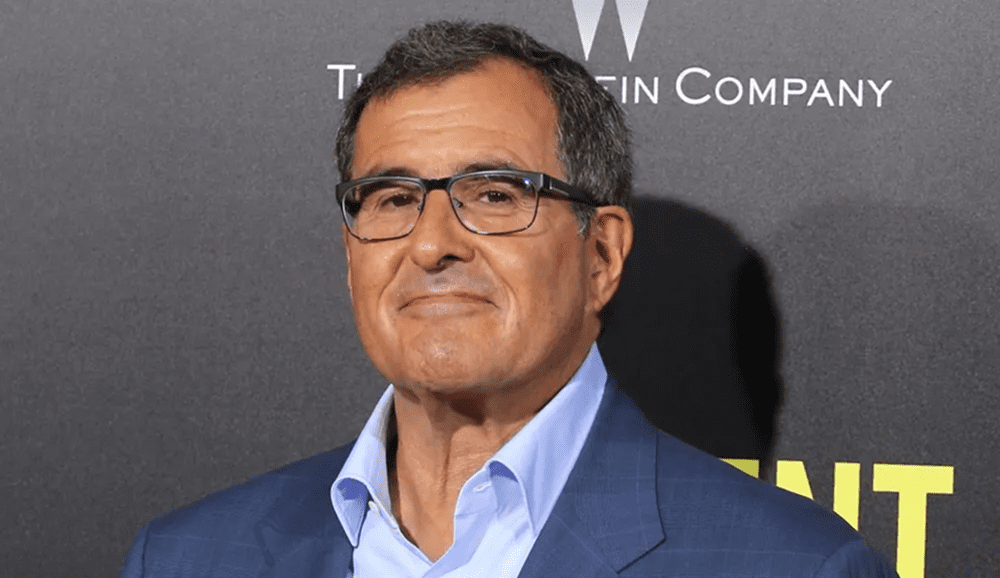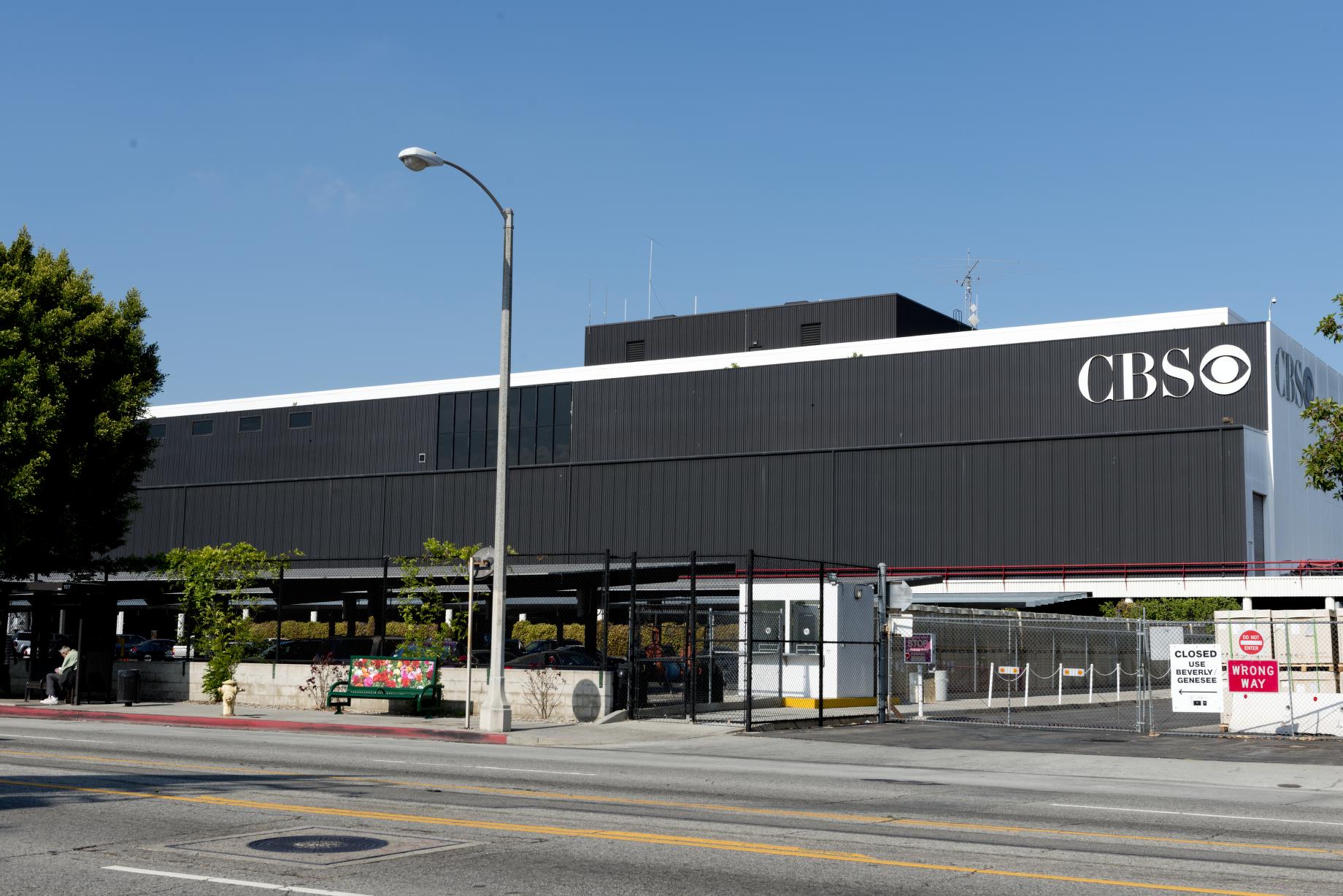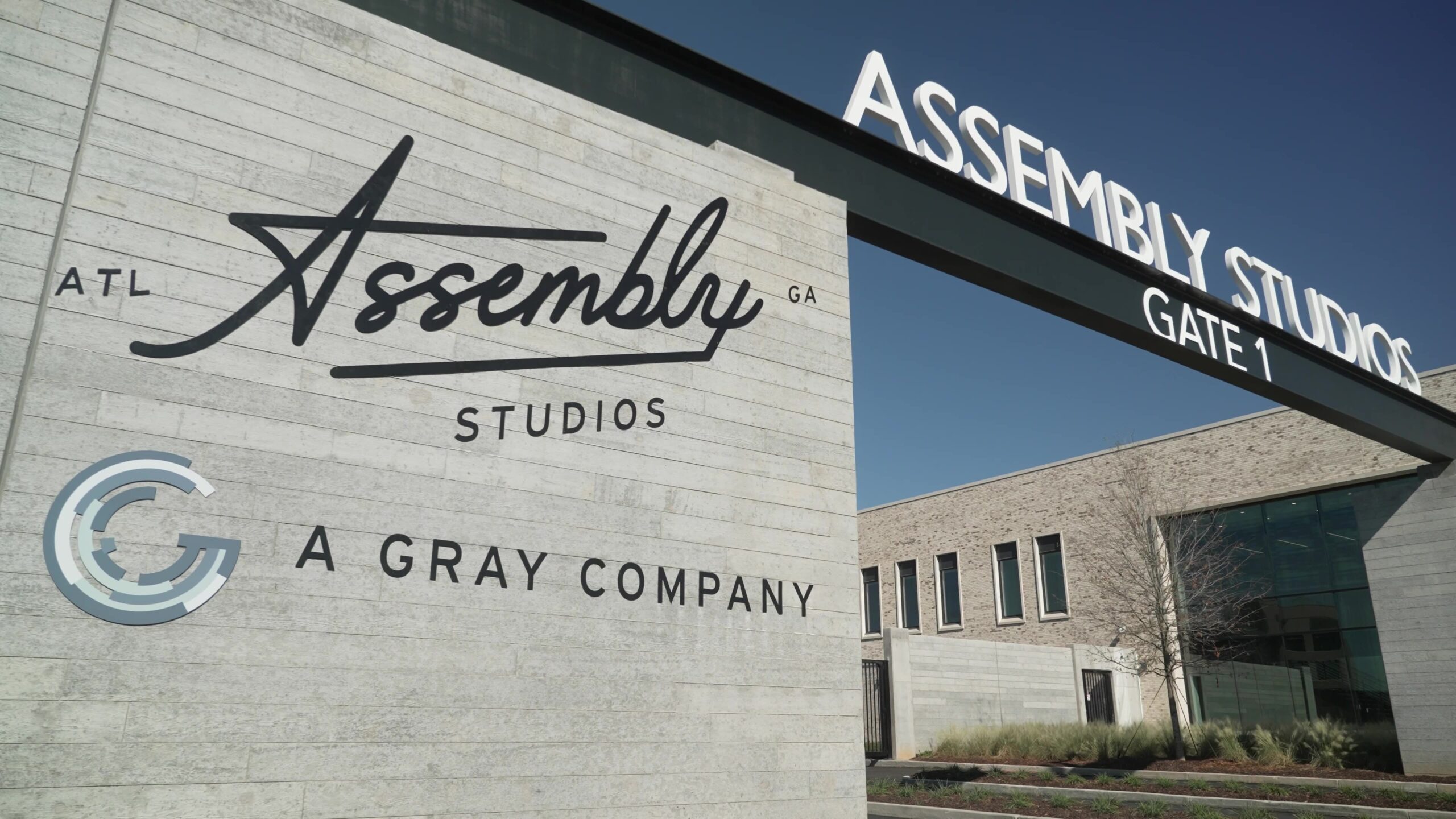In her more than 30 years in the film industry, set dresser and costumer Jeanne Bishop has worked on countless movies and TV shows filmed in Virginia. But in more recent years, the Blacksburg native often had to leave her home state for neighboring states to find work.
“One of the last jobs I had was ‘White House Plumbers,’ and that was in Washington, D.C.,” Bishop said, referring to the satirical political drama miniseries released on HBO last year. “But I’d like to work more in Virginia, I especially would love to do something in Southwest Virginia. I miss it.”
The commonwealth has attracted more major film studios and production companies since 2010, when then-Gov. Bob McDonnell signed a bill establishing a tax credit program to incentivize film and television projects in Virginia, with a combination of tax credits and grants valued at $10.5 million.
But despite these efforts, the state still ranks 32nd out of 40 states and territories that use these funds nationally, and 10th out of 11 states in the South and Mid-Atlantic regions. By comparison, North Carolina offers incentives valued at $31 million, while Georgia, the top-ranked state, offers incentives valued at $1.2 billion.
In the coming days, the General Assembly will take up two bipartisan proposals seeking to boost the state’s ability to lure more film productions to Virginia. On Monday, Bishop — a member of the International Association of Stage and Theatrical Employees Local 487, a nonprofit composed of the industrious crews working behind the scenes on film and television projects — and several of Virginia’s 300 full-time film workers are planning to be at the state Capitol to lobby for the legislation.
“What we want the legislature to know is this is not just about Virginia film crew workers, but about all the local businesses that we use for our productions,” Bishop said. “There’s this perception that this money is going to the big film studios in Hollywood, but this is about Virginia workers and businesses. We don’t always go for the big corporations for our needs, because we want to build up the Virginia economy. This is how we get our health insurance, how we put food on the table and keep our families going.”
The proposals before the General Assembly this year are similar in nature. On Monday, a House committee will consider House Bill 771, sponsored by Dels. Charniele Herring, D-Alexandria; Terry Austin, R-Botetourt County; and Terry Kilgore, R-Scott County, among others. It removes the sunset for the motion picture tax credit, which currently is set to expire after the taxable year 2026, and expands and redesignates the tax credit as the content manufacturing tax credit.
The bill increases the total amount of credits that can be allocated to taxpayers to $46.5 million beginning in fiscal year 2024. However, should less than $100 million worth of certain new investments — such as soundstages, training facilities and office buildings for the industry — as described by the bill, occur by Jan. 1, 2027, the cap will be reduced to $10 million per fiscal year.
“Virginia Tourism will tell you that we don’t incentivize enough to bring movies here, and it’s time to invest in that,” Austin said in an interview. “I think there’s an opportunity there, it kind of puts Virginia on the map, it brings a boost to our economy. They come here and spend a lot of money on props, setting up an operation, they create jobs too, a lot of jobs. I think it’s economic development, that’s what it is.”
Sens. Ghazala Hasmi, D-Chesterfield County, and Todd Pillion, R-Washington County, are carrying a similar proposal, Senate Bill 251, in the state Senate.
“These bills make Virginia’s annual incentives $50 million, right in line with the average funds in other states in the South and Mid-Atlantic,” said Beau Cribbs, a representative of the Virginia Production Alliance, a leading advocacy group for Virginia’s production community.
The legislation does not seek to make Virginia the leader of the pack, Cribbs said. “We are simply trying to bring our incentive funds to be in line with the average incentive packages in the region. Virginia currently spends up to $11 million a year in incentives, but other states in the region spend up to $100 million or have no funding cap at all. Since the regional average is $50 million, I feel that this is a reasonable request.”
In 2022, the motion picture and new media production industry in Virginia supported 5,022 jobs, $415.1 million in labor income, $1.1 billion in economic output and $126.7 million in total tax revenue (of which $39.2 million was state and local tax revenue), Cribbs said.
“One thing to keep in mind when talking about the economics of film incentives is that even though there is a fiscal cost, Virginia isn’t unique in that way — this is the case in the 39 other states that use them as well,” Cribbs said.
“The bigger picture tells another story; the return of investment is massive when it comes to total economic impact and GDP growth. Independent estimates indicate that $13 is returned to the economy for every incentive dollar spent. Critics like to talk about the fiscal cost all the time, but they ignore all the ancillary spending that is done, so it paints an incomplete picture.”
Virginia had attracted Hollywood long before McDonnell signed the film tax credit legislation 14 years ago. For example, the picturesque Mountain Lake Lodge in Giles County became an attraction for tourists from all over the world after part of the 1987 romantic drama “Dirty Dancing” starring Patrick Swayze and Jennifer Grey was filmed there, standing in for the fictional Kellerman Mountain House.
To this day, the hotel hosts “Dirty Dancing”-themed weekends that remain a popular destination for fans almost 40 years later. And Fox filmed “The Real Dirty Dancing,” a 2022 celebrity dance competition, at the lodge.
 The celebrity dance competition “The Real Dirty Dancing” was filmed at Mountain Lake Lodge and aired on Fox in 2022. Photo courtesy of the Virginia Film Office.
The celebrity dance competition “The Real Dirty Dancing” was filmed at Mountain Lake Lodge and aired on Fox in 2022. Photo courtesy of the Virginia Film Office.
One of the biggest gets for Virginia was the 2012 biographical historical drama “Lincoln,” directed by Steven Spielberg and starring Daniel Day Lewis, Tommy Lee Jones and Sally Fields, which was filmed in the cities of Richmond and Petersburg and in Goochland, Hanover and Powhatan counties. Virginia’s $3.2 million investment into the project in the form of tax credits and grants created an economic impact of $69 million.
Another major production in recent years was the AMC historical drama series “Turn: Washington’s Spies,” which was filmed in Charles City, Richmond and Petersburg, and Goochland, King William and Westmoreland counties. A $105 million investment over the series’ four seasons brought a return of $217 million.
British actor Samuel Roukin, who played Cpt. John Graves Simcoe in “Turn,” said that he couldn’t think of a more perfect place to film the series.

“Based in Richmond, we had access to world-class crews, incredible locations to suit both rural, and urban environments, and a purpose built sound stage. There is also a thriving arts and music scene, and great amenities, that made it a really fun place to temporarily relocate during filming seasons,” Roukin said in an email.
Other notable productions filmed in Virginia include the movies “Hannibal” (2001), “Loving” (2015), “Imperium” (2016) and “Harriet” (2018), and the TV series “John Adams” (2008), “The Walking Dead: World Beyond” (2019-2021), “The Good Lord Bird” (2020), “Dopesick” (2020-2022) and “Swagger” (2021-2023).
Bishop, the set dresser and costumer who has also worked on “Harriet,” “Dopesick” and “The Good Lord Bird,” said that Southwest Virginia in particular is an attractive location for filmmakers worthy of more consideration. “The thing that’s really beautiful about Southwest Virginia is the spectacular mountains, and people are just very welcoming and kind,” she said.
Bishop added that in addition to the economic impact on local businesses such as motels, restaurants, and retail and hardware stores, being cast as a background extra is an especially exciting experience for locals. “We want the people of that area to be a part of it, to have fun playing their roles,” she said.
“We really want to keep it in Virginia as much as possible and give a boost to some small towns that are struggling. It makes people happy and excited to have film productions come to their town, and it makes them proud of their town.”
Recent film productions in Southwest Virginia
Big Stone Gap (2013)
Movie
Final Virginia spend: $2,103,931
Total economic impact: $5,378,805
Localities: Big Stone Gap, Wise County
Secrets of Sorority Row (2020)
Movie for Lifetime
Final Virginia spend: $289,030
Total economic impact: $526,035
Localities: Roanoke
Dirty Little Deeds (2021)
Movie for Lifetime
Final Virginia spend: $309,247
Total economic Impact: $562,830
Localities: Blacksburg, Roanoke
Dopesick (2020-2022)
Drama series for Hulu
Final Virginia spend: $57,828,661
Total economic impact: $85,176,000
Localities: Clifton Forge
Source: Beau Cribbs, Virginia Production Alliance

